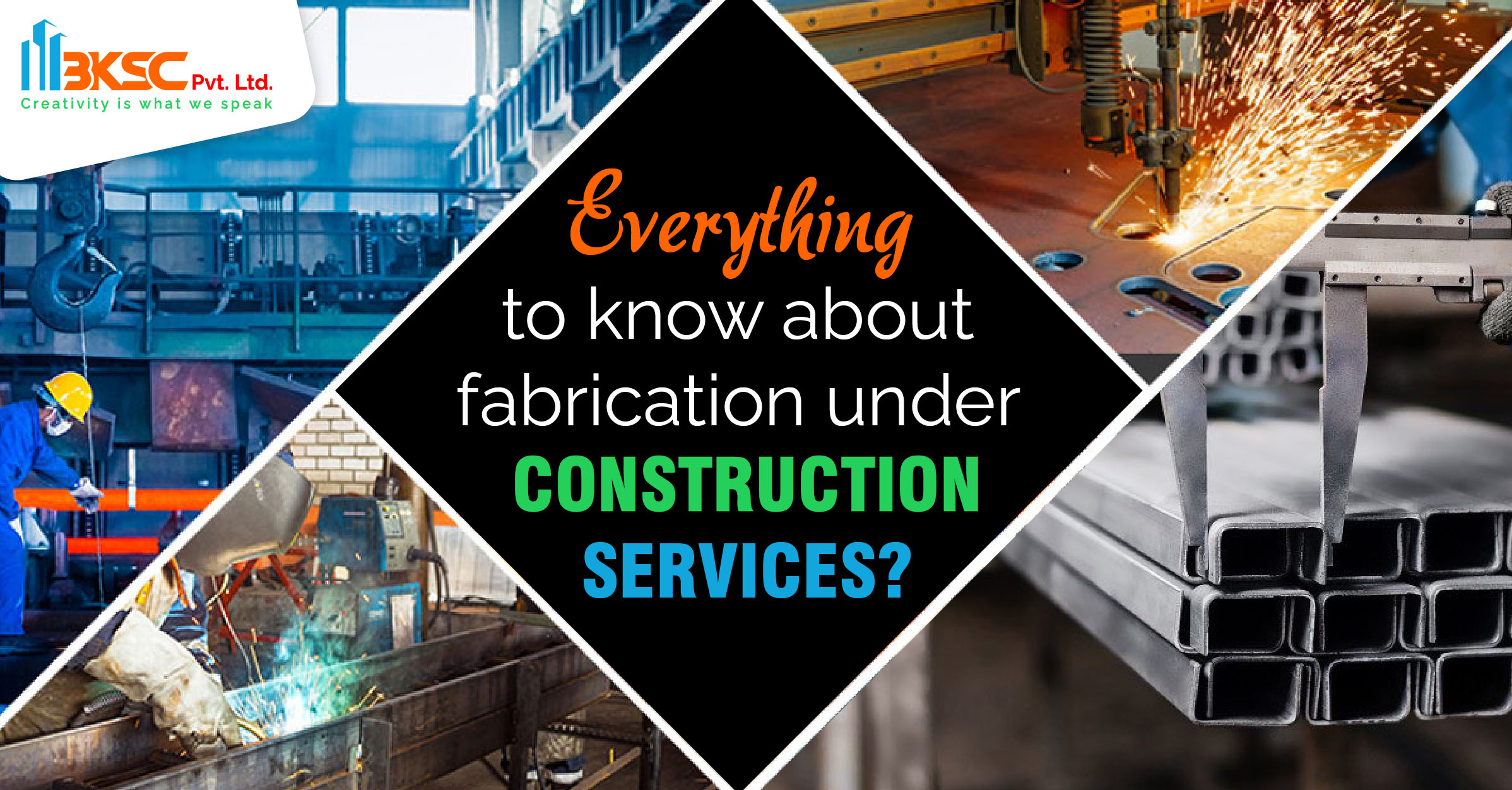Everything To Know About Fabrication under Construction Services
Fabrication in the construction industry is a crucial process involving structural components and various building elements. It plays a significant role in bringing architectural designs to life and ensuring a structure’s overall integrity and functionality.
Fabrication encompasses the cutting, shaping, and assembling materials such as steel, aluminium, and other metals to create beams, columns, trusses, and other structural elements. These components are manufactured off-site in specialized fabrication workshops, where skilled workers utilize advanced machinery and techniques to produce high-quality and precise building elements.
Key Advantages:
- Manufacturers can ensure that each piece meets the required specifications and tolerances by fabricating components in controlled environments. It not only improves the quality of the final product but also enhances efficiency and reduces waste on the construction site.
- Additionally, fabrication allows for customization and flexibility in design. Architects and engineers can collaborate closely with fabrication experts to create intricate and unique components that suit the specific requirements of a project.
- Fabrication also contributes to cost-effectiveness and time savings in construction projects. Off-site fabrication minimizes on-site labour and construction time, leading to faster project completion.
FAQ
Fabrication offers several benefits in construction services:
- It allows for controlled manufacturing environments, improving quality control and precision in component fabrication.
- Off-site fabrication reduces on-site labour and construction time, resulting in faster project completion.
- Fabrication enables customization and flexibility in design, allowing architects and engineers to create unique and intricate components.
It also reduces waste and minimizes the impact of adverse weather conditions on construction progress.
Fabrication contributes to construction project efficiency by streamlining the manufacturing process of structural components. Fabricating these components off-site reduces on-site labour and construction time. Fabrication allows for simultaneous work on different aspects of the project, such as site preparation and foundation construction, while the components are being fabricated. This parallel process leads to faster project completion and reduced overall construction time.
Yes, fabrication is highly suitable for customized designs in construction projects. The flexibility of fabrication processes allows architects and engineers to collaborate closely with fabrication experts to create unique and intricate components that meet the specific requirements of a project.
Fabrication plays a crucial role in quality control in construction services. The controlled manufacturing environment of fabrication workshops allows for strict adherence to quality standards and specifications. Skilled fabricators utilize advanced machinery, precision cutting tools, and welding techniques to ensure that each component is accurately fabricated. It helps to eliminate errors, inconsistencies, and defects that can occur with on-site construction.
Fabrication in construction projects involves working with various materials, depending on the specific requirements and structural needs. Commonly used materials include steel, aluminium, stainless steel, and structural alloys. Steel is widely used due to its strength, durability, and versatility. Aluminum is known for its lightweight nature and corrosion resistance, making it suitable for structures where weight reduction is essential. Stainless steel offers excellent corrosion resistance and is commonly used in projects where aesthetics and hygiene are priorities, such as architectural applications.

